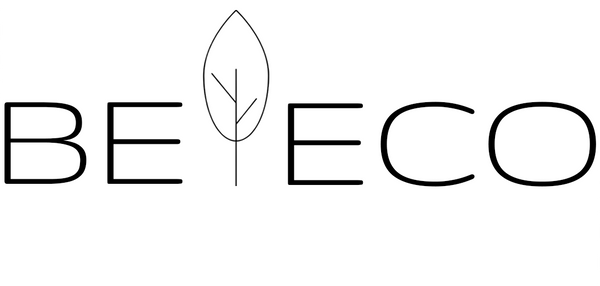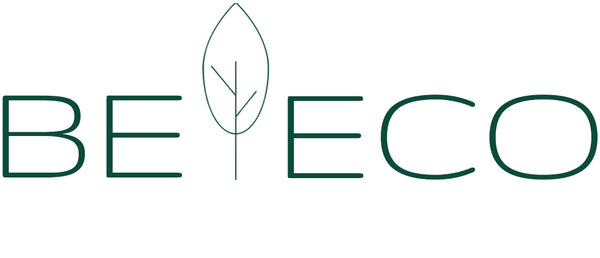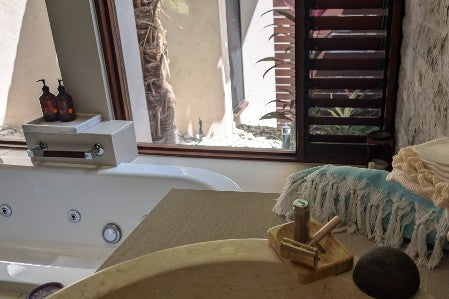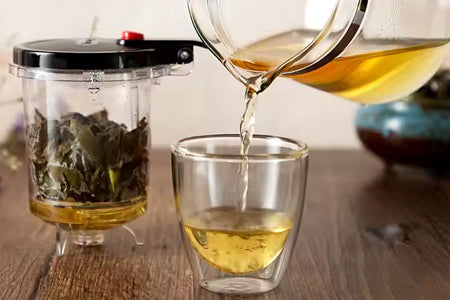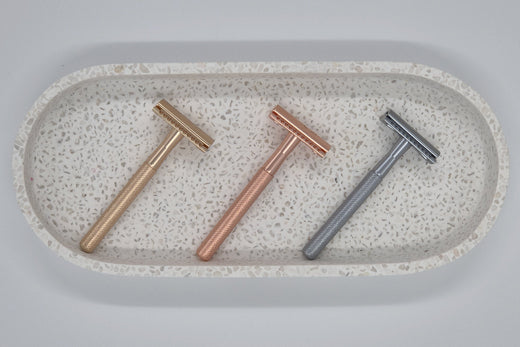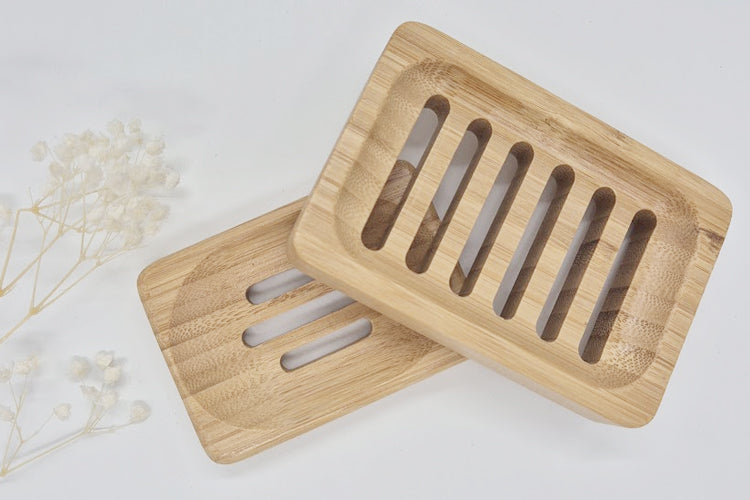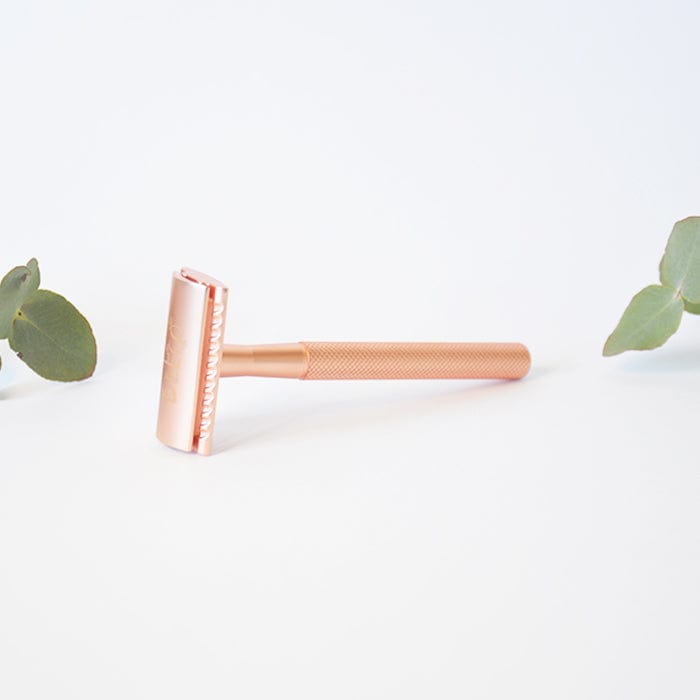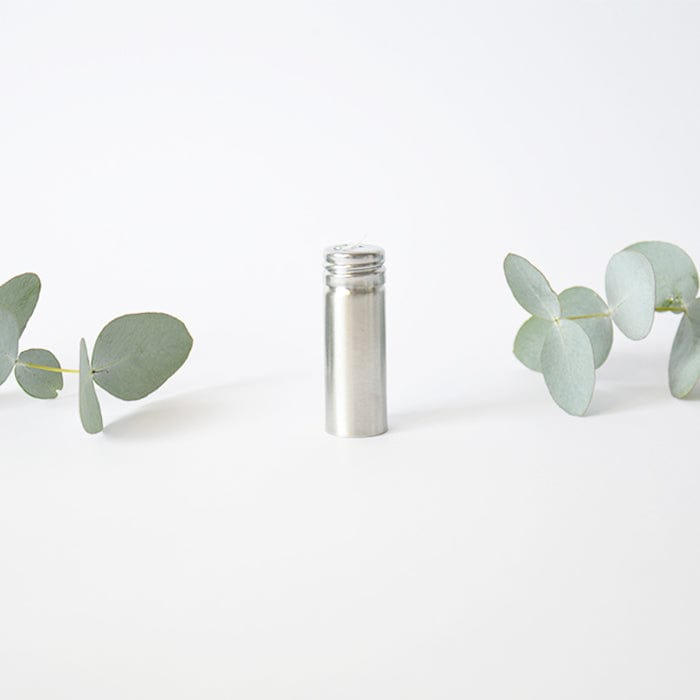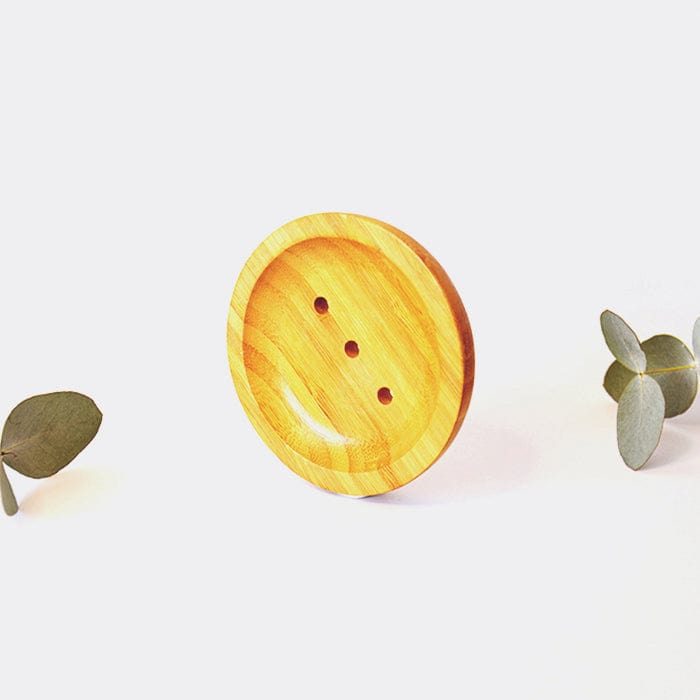We’ve all been there, drowning ourselves in coffee as we fight those Monday blues. In the daily buzz of life, we clench the easy way, like that on the go coffee and understandably so. The caffeine has begun kicking in and we’re ready for the day. And because we’re an environment-conscious being, we toss that coffee cup in a bin meant for recycling. So far, so good, right?
But there’s a catch! We know that traditional coffee cups are made from paper and hence recyclable but there’s something else that makes these cups waterproof and that’s polyethylene plastic. The thin layer of polyethylene needs to be removed from these single-use cups for them to be cycled. Sadly, this isn’t done with conventional and the traditional cups end up creating a mountain of plastic waste. Globally, 2.5 billion of single-use coffee cups are discarded every year. That is a scary statistics.

No one wants the first sip of coffee to taste like guilt and especially not when it could taste like caramel macchiato! So this is when we want to talk about switching to a reusable alternative to paper cups, (insert drum roll please) Bamboo Cups!
Bamboo made products are becoming a trend and here are some reasons why. Bamboo has it all, from having a tensile strength (i.e the stress it can withstand while being pulled) greater than steel to cute pandas clinging to it. It grows very fast, in addition to that, it grows from its roots by itself that is we don’t need to plant it again and again. This greatly helps the soil retain its health.
If you’re new to bamboo coffee cups, let us tell you about these eco-friendly products.
- How are bamboo cups made?
To make reusable-bamboo coffee cups, bamboo fiber is mixed with corn starch to give it a paste structure, which is later mixed with resin. This provides strength to your reusable bamboo cup. Bamboo is obviously biodegradable so that checks when we want to do our part to curb pollution created by plastic.
-
Are reusable-bamboo keep cups sustainable?


The answer to questions like this is always relative. It really depends on how eco-friendly you are. Bamboo cups are a more sustainable option than the single-use plastic cups. These can be used repeatedly unlike the former. And can last for years if you are willing to make an effort in using them properly. A stainless steel coffee cup will obviously be a step ahead from bamboo cups. But they are heavier to carry while traveling. The bamboo travel cups would be much more lightweight in comparison. So, the answer depends on what you value more while choosing an eco-friendly product.
- Are bamboo cups economical?
Yes! There are various eco-friendly stores across Australia that sell bamboo cups at cheap prices. These keep cups are also pocket-friendly in the long term, in the sense that making an investment in a good cup once is better than purchasing traditional single-use one every day. A lot of cafes in Australia that are conscious of the green impact of single use coffee cups also offer a discount if you bring your own cup. Bet that coffee tastes better with each sip now that you can get it cheap.
- How to clean bamboo keep cups?
Most bamboo coffee cups will have it mentioned under the cup, whether or not they are dishwasher friendly. The best practice would be to wash the cup by hand to maintain its longevity, unless mentioned otherwise. Dishwasher use hard soaps and heat that can damage your bamboo cup. To be on the safe side, it is advised to not use abrasive soaps and cleaners on bamboo and not soaking in water for long.
Bamboo cups may seem like high maintenance when for so long we have been dependent on the comfort of plastic. But there is no denying that it costs way less to the planet when we use bamboo made products. There is also no denying that using sustainable products is way more aesthetically pleasing too. Bamboo cups come in various different styles and make a great gift. They are light-weight, BPA and phthalate free. As people are starting to switch to sustainable practices, the demand has made them be available in online as well as offline eco friendly stores.
